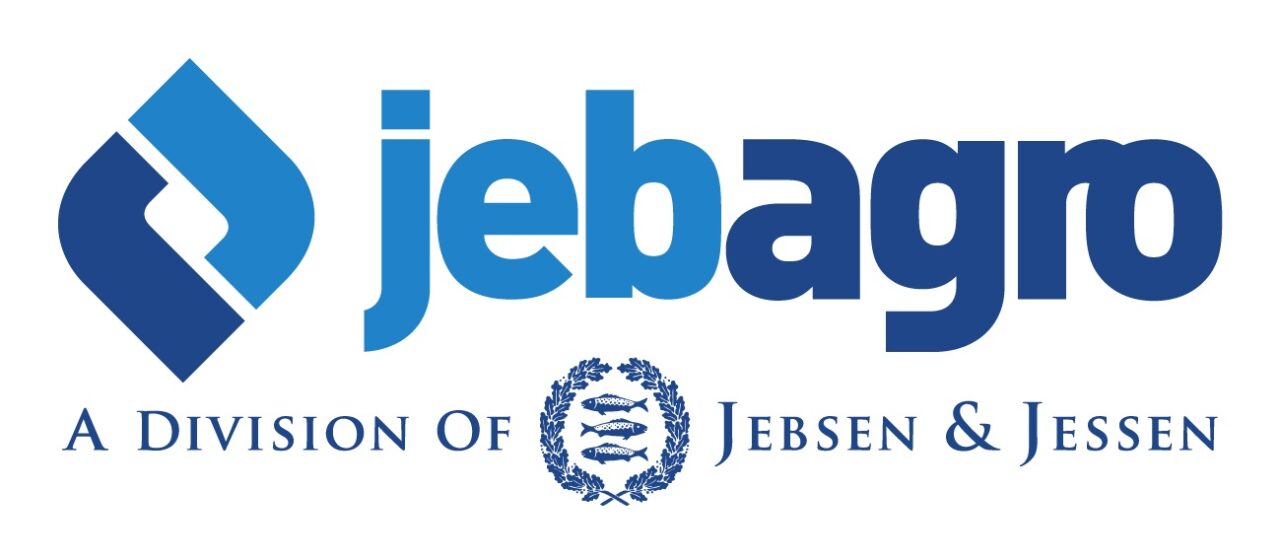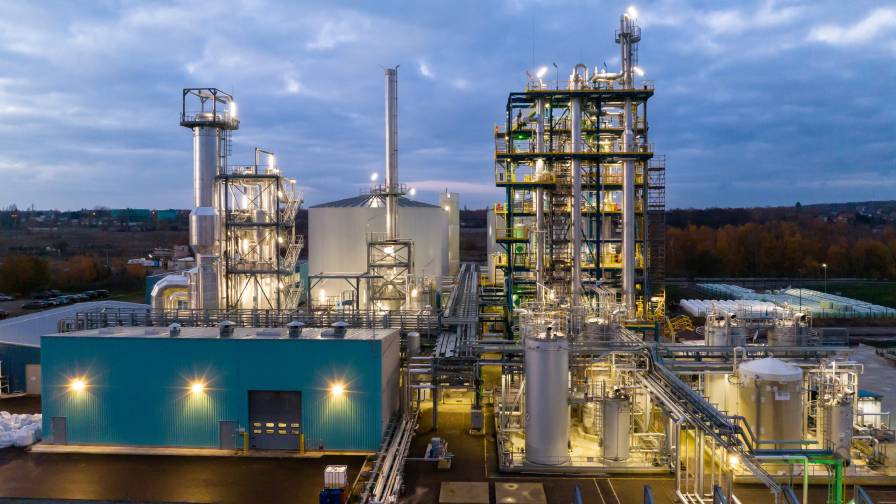After August
This issue’s China Report brought up a point that we have heard several times from different industry players, namely that there remains a certain amount of suspicion that the rapid, sweeping changes to China’s environmental and export regulations are not efforts to reform and improve the chemical and industrial industries, but rather temporary measures intended to improve the country’s image in time for the global attention of the 2008 Olympiad. Some companies outside of China believe the rules will be loosened, possibly as soon as the end of this year.
It’s a valid question: given China’s proficiency as a chemical producer, the sustained growth of its chemical industry, and the prospects for further development given current crop prices, tightened product supply, and increasing global demand, there would be opportunities to sell a lot more product if the policies were to be revoked. Adding more uncertainty is the fact that China’s main advantage over other chemical manufacturers — the country’s cost of production — is gradually eroding as energy and labor costs go up.
While China itself has given no indication that it will backtrack on its environmental stance, industry experts the world over are left with the question: What happens once the torch is put out in Beijing?
Despite all the reasons that it may make economic sense to lift the regulations and loosen state control over the pesticide industry, there are strong indications that these changes are here to stay.
Inside China, there is little talk of any return to pre-2007 policies. If the feeling on the ground was that environmental regulations would be relaxed, it would be reasonable to think that the investments in plant relocations, construction of new facilities, and improvements to existing plants would be lower.
Instead, the industry is adapting. The companies which can afford to implement plans to improve their manufacturing bases or to build new ones are doing so, and quickly. In fact, despite the additional burdens placed on the industry, China’s overall pesticide production capacity will continue to grow, according to CCPIA’s Luo Haizhang.
Beyond the adjustments being made at the manufacturing level, the strategic thrust of the Chinese industry is also preoccupied with modernization. At the CAC Conferences held in March in Shanghai which FCI helped to organize, many experts on the Chinese industry took the stage to describe trends in business and production.
Those presentations were focused on quality, technology, and development. Every speaker who discussed China directly saw the same things in their crystal balls: more focus on research and development (R&D), more involvement in high-tech chemistries and formulations, and greater expertise in regulatory and registration matters globally, with Chinese brands entering markets on their own rather than through local companies or simply as providers of source material.
And they are aware of the Chinese industry’s historical shortcomings. Problems including counterfeit products and quality control, which have haunted the China’s reputation for years, are now being addressed at the state level. Crackdowns and raids are happening in warehouses and dealerships to get fake products out of the channel, and the expense of meeting export and production requirements is making low-cost/low-quality producers unprofitable.
It is a fitting time, as China’s current Five-Year Plan has looked past economic growth to include improvement in the lives of the Chinese people. While the Olympic torch may have helped to ignite that fire, expect China to keep it lit. The reformation of Chinese industry is not turning back.





